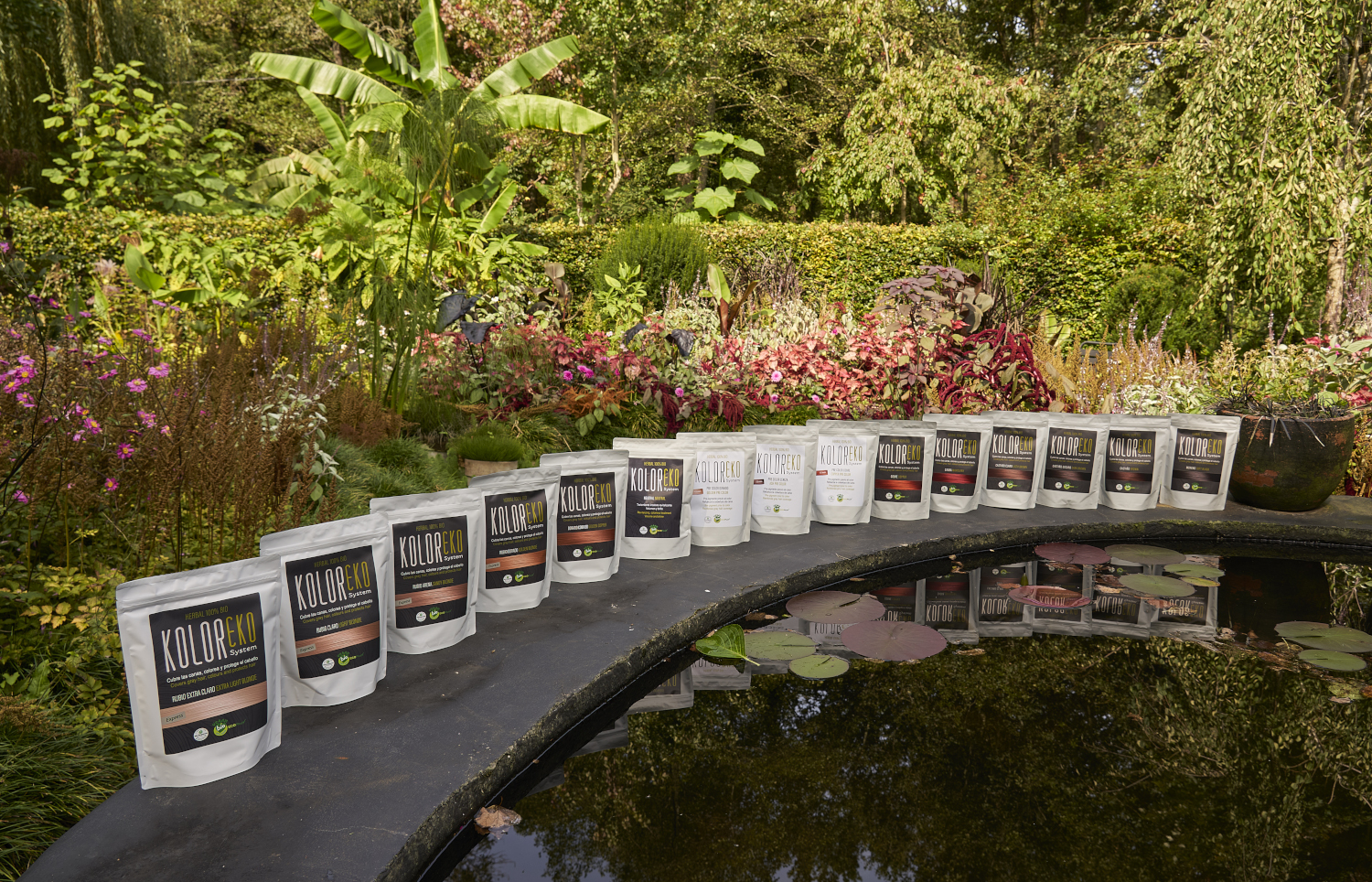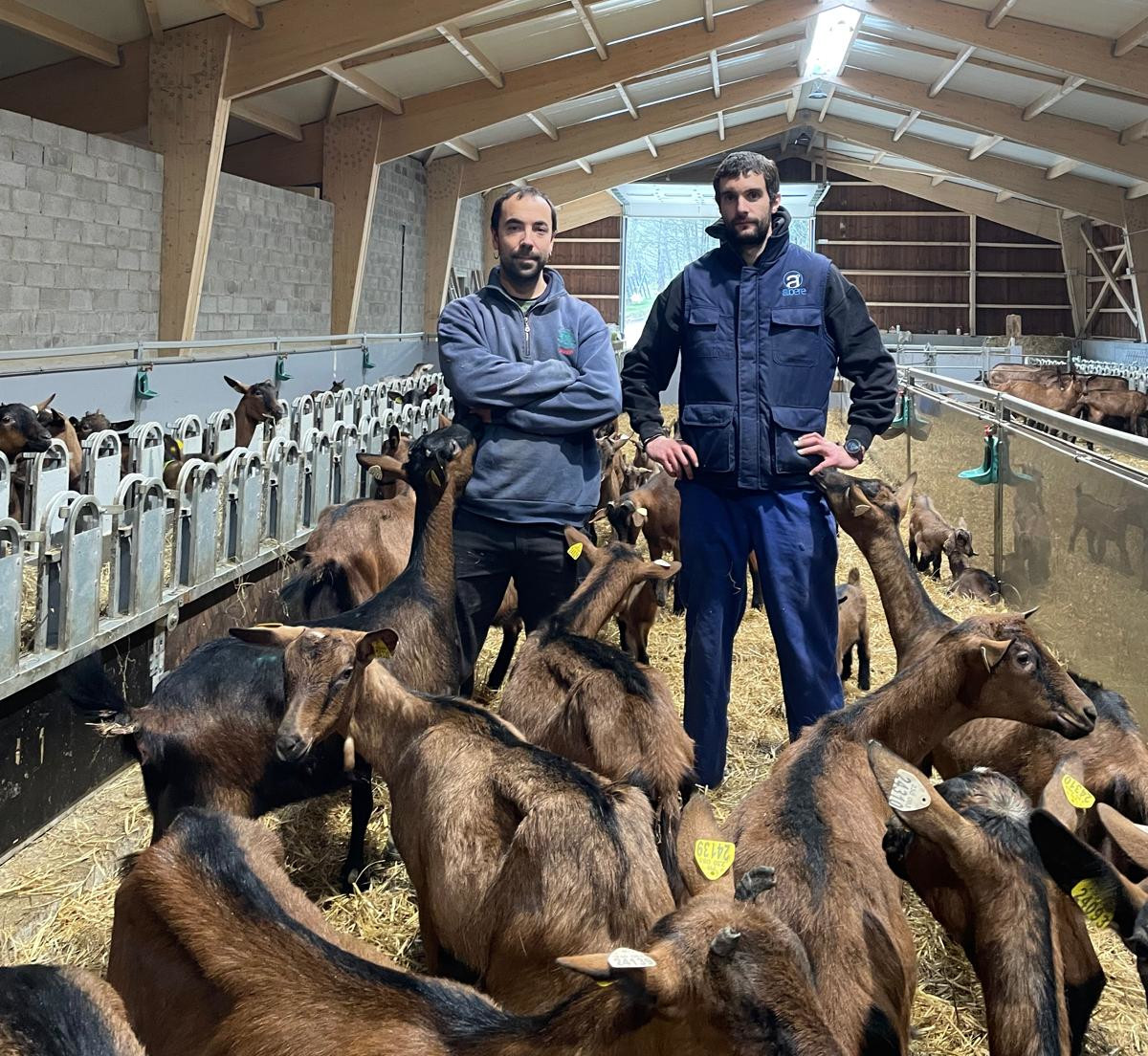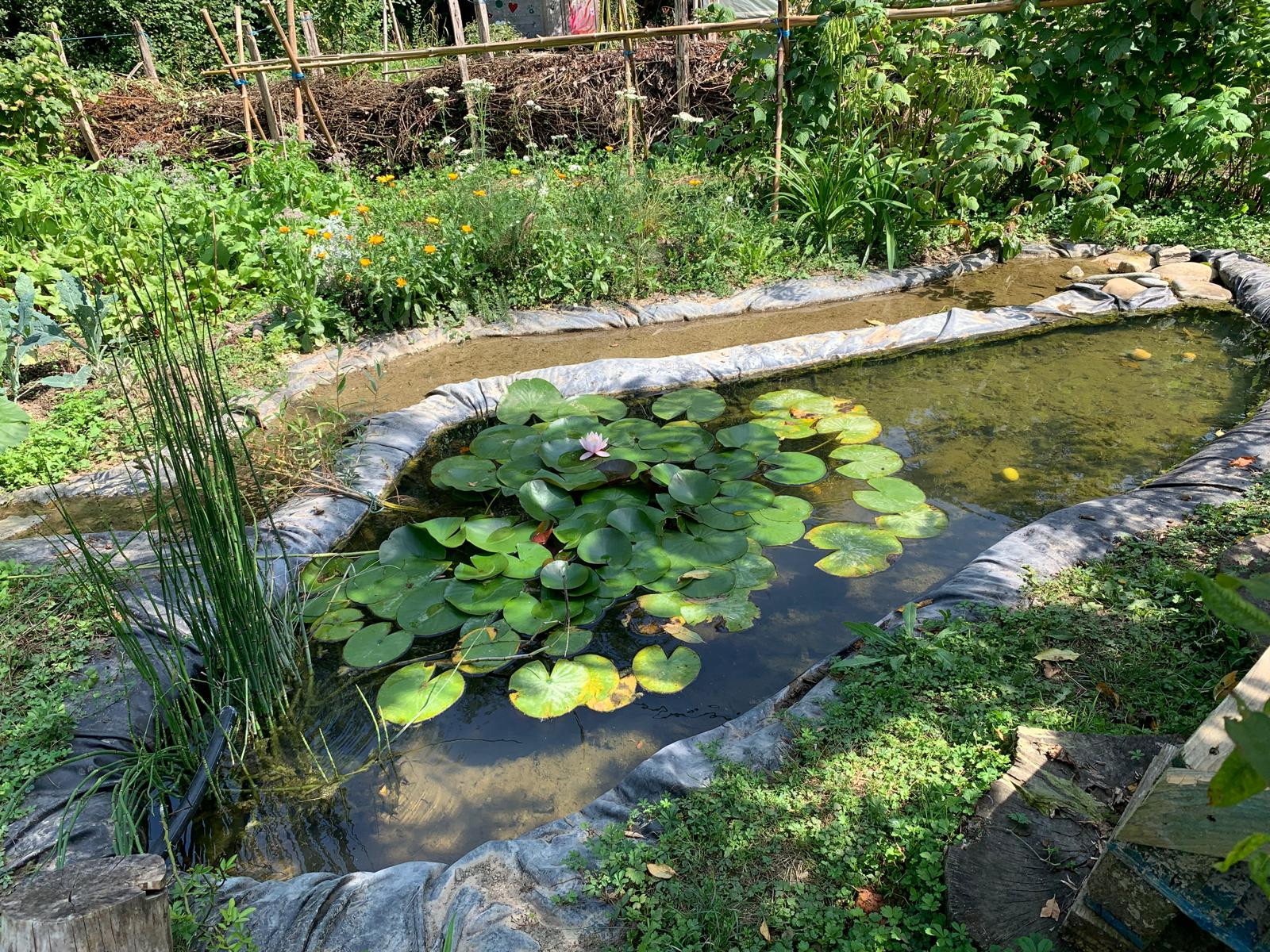Native and organic products in the 110 dining menus
- They pioneered a healthier and more sustainable model of dining menus at the Urmendi Children's School in Oiartzun. The first transformation of potolo in the dining room took place in 2011-2012: “That year we started with Ekolapiko to incorporate organic food and receive training sessions on the subject,” explains Iraia Etxebeste, director of the Madariaga children’s school. However, from the beginning to the present day, important steps have been taken in the field of food and now, in collaboration with the City Hall, they are about to make a new leap: beyond the ecological, they will complete the menu with products from nearby producers.

If the first change in the menu was to introduce vegetables, cereals, legumes and organic fruit, the second round took place in 2018-2019 and meat consumption was reduced. “We decrease the amounts of animal derived proteins and increase plant proteins,” Etxebeste says. Before these two steps, in addition, training sessions were held with teachers and parents, with the aim of extending these reflections on school feeding to homes and the people, in addition to the school dining room.
“In the step we’re taking this year, we’ve gone beyond menu components and focused on suppliers,” says the director. The initiative is carried out in collaboration with the Municipality of Oiartzun and Labore Oarso, and is part of the extensive work of the children's school that has been launched at local level to boost food sovereignty and the primary sector. “We met the City Hall and Labore Oarso and we saw that in the village there are school canteens and elderly residence canteens and that it was interesting to start working on them with local products,” said Councilor Eneritz Arbelaitz Sarasti. Although the situation in each area is different, the transition of each area will start from a point where Urmendi acts as a lever.
Wager on nearby resources
On the road to transition, in recent months the city council has carried out a technical study: listing the foods they use in the dining room, calculating the consumption of each one of them, reviewing prices, replacing current suppliers by producers and nearby baserritarras… “Some will be somewhat more expensive than before, but others cheaper,” says Etxebeste. Once calculations have been made, the price of the menu will rise by only 14 cents. “A nonsense taking into account everything that is there behind it.” In fact, the producers participating in the project will have a fixed customer throughout the year, which will allow them to plan their production and their land properly.
“This is one more step on the road to food sovereignty in Oiartzun, monitoring in some way. It is a bet that our people and our environment can live with indigenous food, to promote their economy…”, added the councilor. The origin of the Elika cooperative or the Lurbizi project are other pillars of the elaboration. We will leave to another side to delve into them…
Donostiako Amara auzoko Izko ileapaindegi ekologikoak 40 urte bete berri ditu. Familia-enpresa txikia da, eta hasieratik izan zuten sortzaileek ile-apainketan erabiltzen ziren produktuekiko kezka. “Erabiltzaileen azalarentzat oso bortzitzak dira produktu gehienak, baina... [+]
Ubidekoak (Bizkaia) dira Imanol Iturriotz eta Aritz Bengoa gazteak. “Lagunak gara txikitatik, eta beti izan dugu buruan abeltzaintza proiektu bat martxan jartzeko ideia”, azaldu du Iturriotzek. Nekazaritzari lotutako ikasketak izan ez arren, baserri munduarekin eta... [+]
Iruñean bizi ziren Iñaki Zoko Lamarka eta Andoni Arizkuren Eseberri gazteak, baina familiaren herriarekin, Otsagabiarekin, lotura estua zuten biek betidanik. “Lehen, asteburuetan eta udan etortzen ginen eta duela urte batzuk bizitzera etorri ginen”, dio... [+]
Gipuzkoako hamaika txokotatik gerturatutako hamarka lagun elkartu ziren otsailaren 23an Amillubiko lehen auzo(p)lanera. Biolur elkarteak bultzatutako proiektu kolektiboa da Amillubi, agroekologian sakontzeko eta Gipuzkoako etorkizuneko elikadura erronkei heltzeko asmoz Zestoako... [+]
Emakume bakoitzaren errelatotik abiatuta, lurrari eta elikadurari buruzko jakituria kolektibizatu eta sukaldeko iruditegia irauli nahi ditu Ziminttere proiektuak, mahai baten bueltan, sukaldean bertan eta elikagaiak eskutan darabiltzaten bitartean.





















